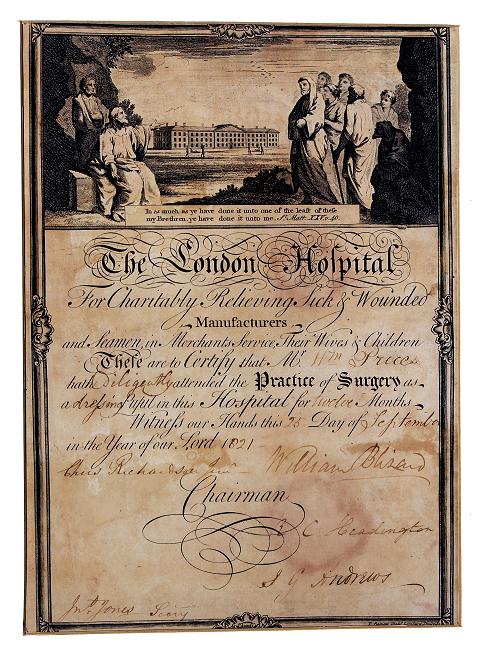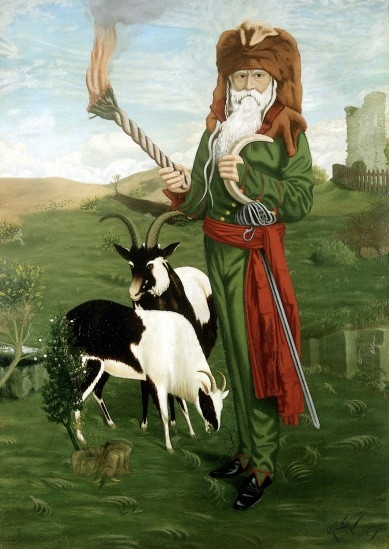 Dr William Price was undoubtedly one of the most flamboyant, romantic and revolutionary characters in Welsh history.
Dr William Price was undoubtedly one of the most flamboyant, romantic and revolutionary characters in Welsh history.
People often forget that Price, a sparkling and dynamic character, was a brilliant scholar, an exemplary surgeon, an exiled political activist and a pioneer in establishing an embryonic social health care system that may well have influenced Aneurin Bevan’s National Health Service.
He established the first co-operative society in the principality, tried his foremost to create the first museum of Welsh life and also fought gallantly for the striking miners and iron workers, whilst also outraging a conventional society with his far-reaching druidic beliefs.
Price is often portrayed as an eccentric individual whose obsession with druidism resulted in cremating the remains of his infant child. Price was 84 years of age when he committed his son's body to the ‘cleansing flame’, but history has conveniently forgotten his great achievements up until that moment. One would argue that Price lived too long in that, by his latter years, he had become something of an almost comic, tragic figure portrayed as a publicity-seeking buffoon in newspaper reports the length and breadth of the UK. It was a sad final chapter in the life of this ‘Welsh Wizard’.
His childhood years were certainly difficult. He was born on 4th March 1800 into a well-known family in the village of Rudry near the large market town of Caerphilly. Price’s forefathers had been tanners, publicans or members of the clergy. One of which, Nicholas Price (1681-1757), established something of a family fortune as an iron master at Pentyrch near Cardiff. He may not have been one of the great ‘iron kings’ of towns like Merthyr Tydfil, but certainly made an impact on the growing industrial valleys.
Price’s own grandfather, Charles (1725-1786), opened a small iron blast furnace. Price’s father, also named William Price (1761-1844), attended a grammar school in Cowbridge and graduated from Jesus College, Oxford with a Master of Arts degree before becoming ordained in the Church of England. Sadly he never held a living as a parish priest as was expected of him when he returned to the small hamlet of Rudry and settled in the farmhouse of Ty’n y Coed Cae. Rev William Price suffered from severe schizophrenia and was listed as a ‘lunatic’ by his thirtieth year.
 Prior to the full onslaught of his mental illness, he married Mary Edmunds (1767-1844), an illiterate housemaid, and fathered seven children, our William being the fifth.
Prior to the full onslaught of his mental illness, he married Mary Edmunds (1767-1844), an illiterate housemaid, and fathered seven children, our William being the fifth.
Arguably, the young William, in latter years, also suffered elements of a mental illness, but nowhere near as extreme as his father who was largely tied to his bed or armchair and was deemed a danger to himself and others. However, he did have periods of being lucid, teaching the children Latin for instance.






